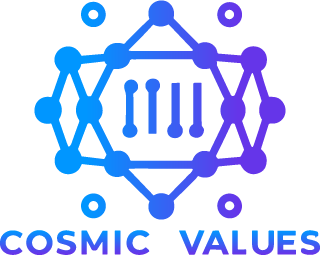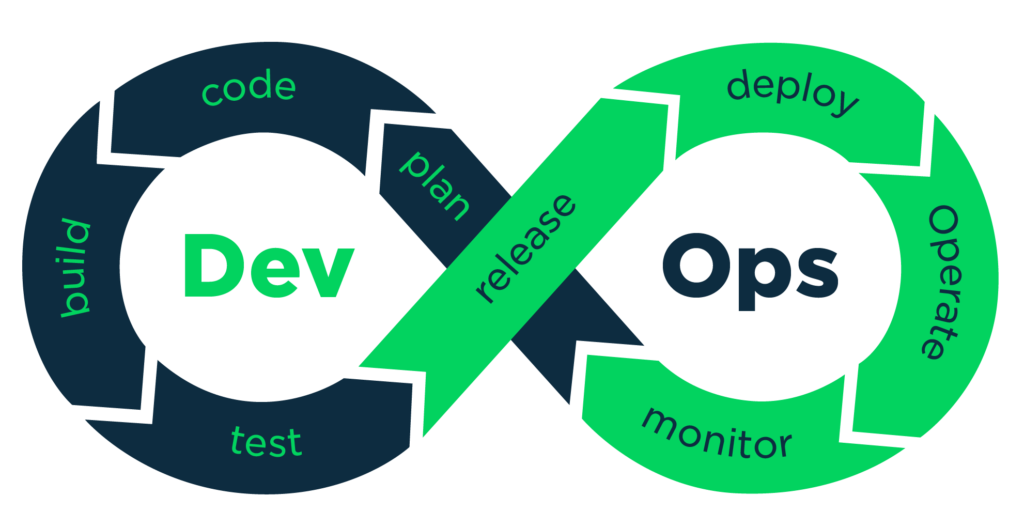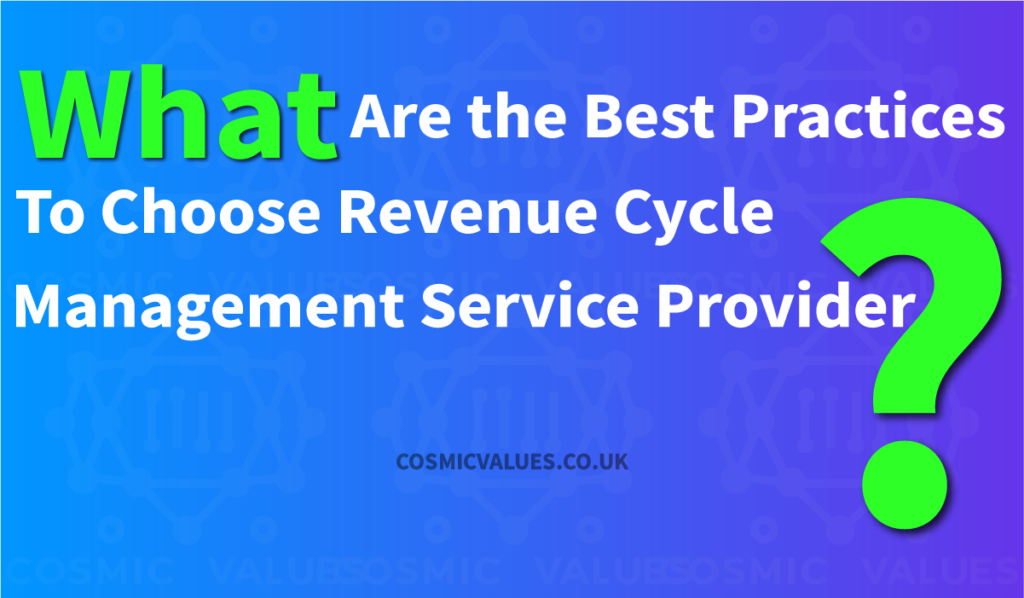In the ever-evolving world of software development, efficiency and agility reign supreme. But achieving seamless collaboration between developers and operations teams has often been a stumbling block. Enter DevOps, a revolutionary approach that bridges the gap, fostering a culture of shared responsibility and accelerated innovation.
From Silos to Synergy: Breaking Down the DevOps Philosophy
Traditionally, development and operations functioned as separate entities, each with their own workflows and priorities. This often led to communication bottlenecks, slow release cycles, and finger-pointing when issues arose. DevOps shatters these silos, promoting collaboration and shared ownership throughout the software lifecycle. Developers gain a deeper understanding of operational challenges, while operations teams become more involved in the development process. This fosters a culture of empathy and accountability, leading to improved communication, faster problem-solving, and ultimately, happier customers.
Building the DevOps Dream Team: Roles and Responsibilities
While collaboration is at the heart of Dev Ops, specific roles still play crucial parts in the symphony of software delivery. Here’s a glimpse into the key players:
- Software Developers: Responsible for writing, testing, and maintaining the code, developers actively participate in deployment and monitoring processes under Dev Ops.
- Operations Engineers: Overseeing infrastructure management, security, and performance, operations teams become early collaborators, providing valuable feedback and expertise during development.
- DevOps Engineers: Serving as bridges between both worlds, Dev Ops engineers possess a unique blend of development and operational skills, automating tasks and streamlining workflows.
- Security Engineers: Weaving security throughout the entire lifecycle, security teams work closely with developers and operations to build secure applications from the ground up.
Dev Ops in Action: Tools and Practices Unleashing Agility
The DevOps philosophy is brought to life by a powerful arsenal of tools and practices. Here are some key highlights:
- Version Control Systems: Tools like Git enable efficient code management, tracking changes and facilitating collaboration amongst developers.
- Continuous Integration (CI): Automating code building, testing, and integration after each change, CI ensures early detection and resolution of bugs.
- Continuous Delivery (CD): Streamlining the deployment process, CD allows for frequent and safe releases of new features or bug fixes.
- Infrastructure as Code (IaC): Treating infrastructure as code like software allows for automated provisioning and configuration, ensuring consistency and repeatability.
- Monitoring and Logging: Keeping a close eye on application performance and infrastructure health allows teams to proactively identify and address potential issues.
Benefits Galore: Why Every Software Project Needs DevOps
The advantages of embracing DevOps are manifold, impacting everything from development speed to customer satisfaction. Let’s explore some key benefits:
- Faster Time to Market: By automating processes and shortening release cycles, DevOps enables businesses to respond quickly to market demands and capitalize on new opportunities.
- Improved Quality and Reliability: Continuous integration and testing lead to fewer bugs and more stable applications, reducing downtime and enhancing user experience.
- Enhanced Collaboration and Communication: Breaking down silos fosters a culture of shared ownership and responsibility, leading to better communication and problem-solving across teams.
- Increased Agility and Flexibility: Dev Ops empowers teams to adapt to changing requirements and unforeseen challenges with greater ease and efficiency.
- Reduced Costs: Automation and streamlined processes lead to cost savings in infrastructure management, development time, and bug fixes.
Not Just a Trend, a Transformation
DevOps is more than just a set of tools or practices; it’s a cultural shift that empowers teams to deliver value faster and more efficiently. By dismantling silos, fostering collaboration, and automating workflows, Dev Ops unlocks the true potential of software development, propelling businesses forward in the ever-changing digital landscape.
So, whether you’re a seasoned developer, an operations veteran, or just starting your journey in the software world, embrace the spirit of DevOps! By working together, sharing knowledge, and leveraging the right tools, you can contribute to building a more agile, responsive, and innovative software ecosystem. Remember, DevOps is not a destination, but a journey of continuous improvement. Join the movement and transform the way you deliver software!
Frequently Asked Questions about DevOps:
Is DevOps just a fad?
Absolutely not! DevOps is a fundamental shift in software development culture, addressing long-standing challenges like communication gaps and slow release cycles. Its benefits have been proven across diverse industries, leading to faster innovation, improved quality, and reduced costs. While the tools and practices may evolve, the core principles of collaboration and automation remain essential for any organization seeking to thrive in the digital age.
What are the biggest challenges to adopting DevOps?
Changing organizational culture and breaking down silos can be challenging. Additionally, integrating new tools and processes may require training and adjustments. However, the long-term benefits outweigh the initial hurdles. Effective communication, leadership buy-in, and a clear roadmap are crucial for successful implementation.
Do I need to be a developer to be involved in DevOps?
Not at all! DevOps is about collaboration across teams. Whether you’re in marketing, sales, or operations, you can contribute by understanding the value of Dev Ops and advocating for better communication and collaboration between teams.
Conclusion
DevOps is not just about technology; it’s about people, processes, and culture. By embracing collaboration, automation, and continuous improvement, you can unlock the full potential of your software development efforts and deliver exceptional value to your customers. So, take the first step today, explore the resources listed above, and join the Dev Ops movement! Remember, the journey to a more agile and efficient software development process starts with a single step.



